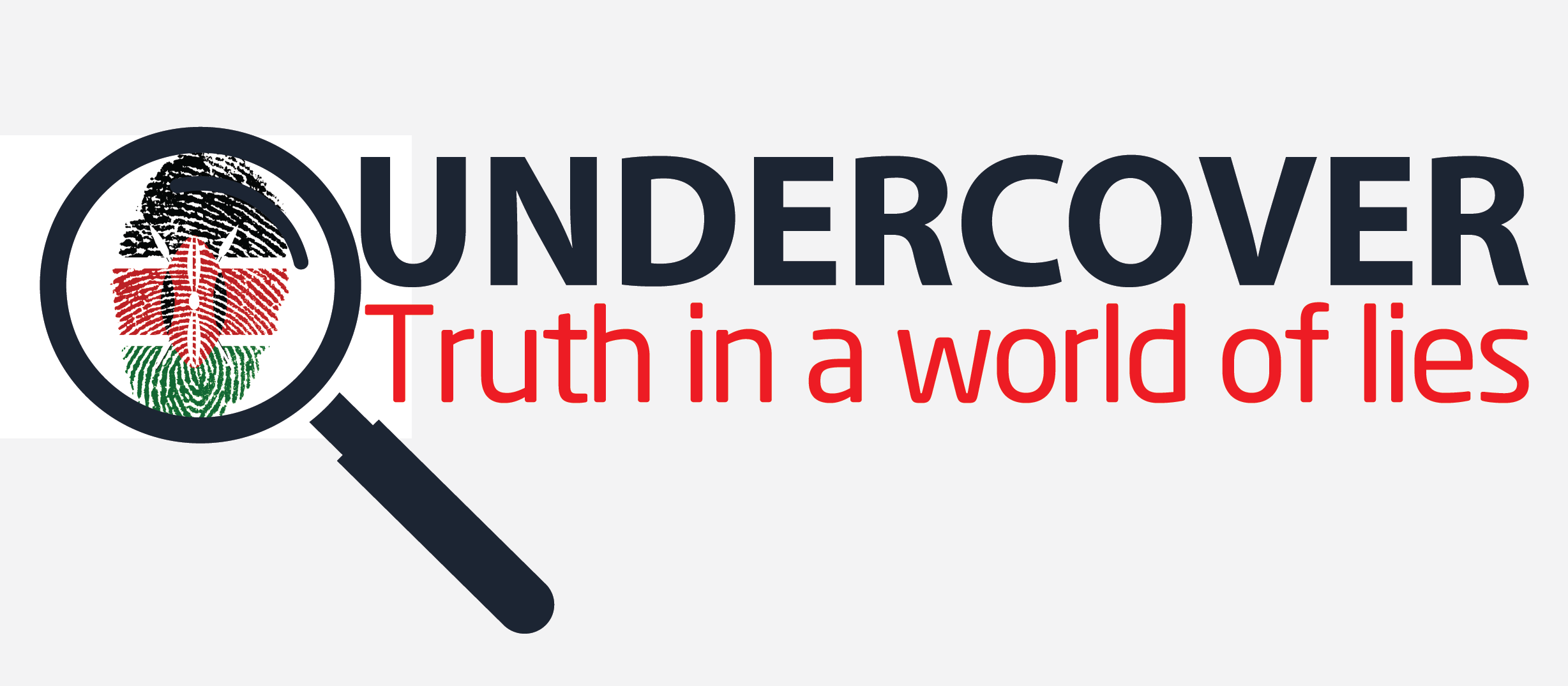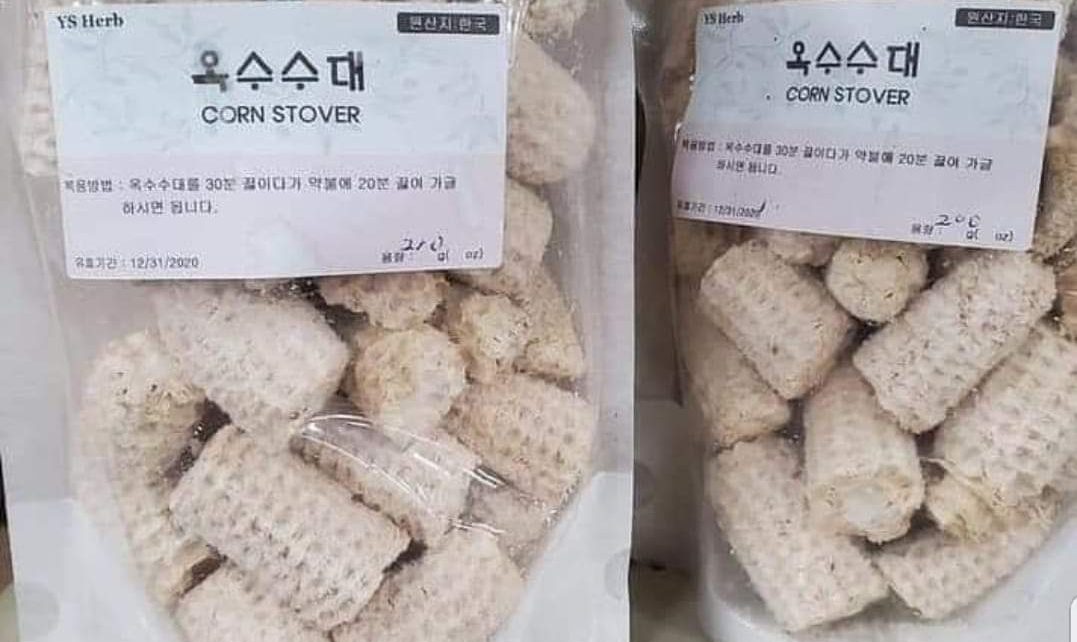Kenyans love mahindi choma with pili pili, but that mucakwe they throw away have other uses beyond feeding cows, lighting fires
By Shifa Mwihaki
Feature writer/Essayist
@UndercoverKe
Kenyans love roast maize. Kwanza when hot off the wire mesh. It goes very well with that red pili pili which turns the mouth into a peppery sauna. When Kenyans are done ‘brushing their teeth’ with mahindi choma, they simply throw away the mucakwe.
But maize cobs have better use in Shags as dry feed for nguno, the resident cow. But just imagine a plate of micakwe goes for about Sh1000 in the land of President Trump, depending on the supermarket. Are you thinking what I am thinking?
The Chinese are even bigger consumers of micakwe. Apparently, while Kenyans feed maize cobs to livestock, Americans and Chinese are using them for medicinal purposes: They boil maize cobs, then filter the water which is then flavoured with honey and drunk for cleansing the kidneys, according to Dr Akshay Kumar, a leading authority on herbal and alternative medicine.
In some parts of rural Kenya, like Kanyam-Kago village in Migori County, mucakwe was often used as tissue paper!
Jane Wanjiku, a registered nurse in Texas USA told Undercover that she’s in a WhatsApp group where some members revealed how they also add dhania into the water of boiling maize cobs and the resultant drink has been ideal for “cleaning the system.”
In Kenya, waste maize cobs are also used for lighting fires and Wanjiku says the medicinal use of mucakwe “is what most Kenyans confessed they didn’t know growing up.”
In some parts of rural Kenya, like Kanyam-Kago village in Uriri Constituency, Migori County, mucakwe was often used as tissue paper some years back!
Boiled water from micakwe was good for treating ‘burning sensation of urine and weak kidneys’
Dr Kumar also added that maize is good for increasing appetite besides dealing with phlegm, bronchitis and bile disorders. It also controls diabetes, prevents heart ailments and lowers High Blood Pressure. Its high fibre content prevents digestive disorders like constipation while the antioxidants in maize helps in preventing Alzheimer’s disease and colorectal cancer. Dr Kumar also added that boiled water from micakwe was good for treating “burning sensation of urine and weak kidneys,” especially for those suffering from kidney stones.
There are about four million Kenyans suffering from chronic kidney diseases
There are about four million Kenyans suffering from chronic kidney diseases according to the Ministry of Health, a situation worsened by the fact that there are less than 80 dialysis machines countrywide. That was three years ago and cases could have increased. Rethinking use of micakwe is ideal considering that about 20 percent of adult Kenyans suffer from hypertension, according to the Christian Health Association of Kenya.

